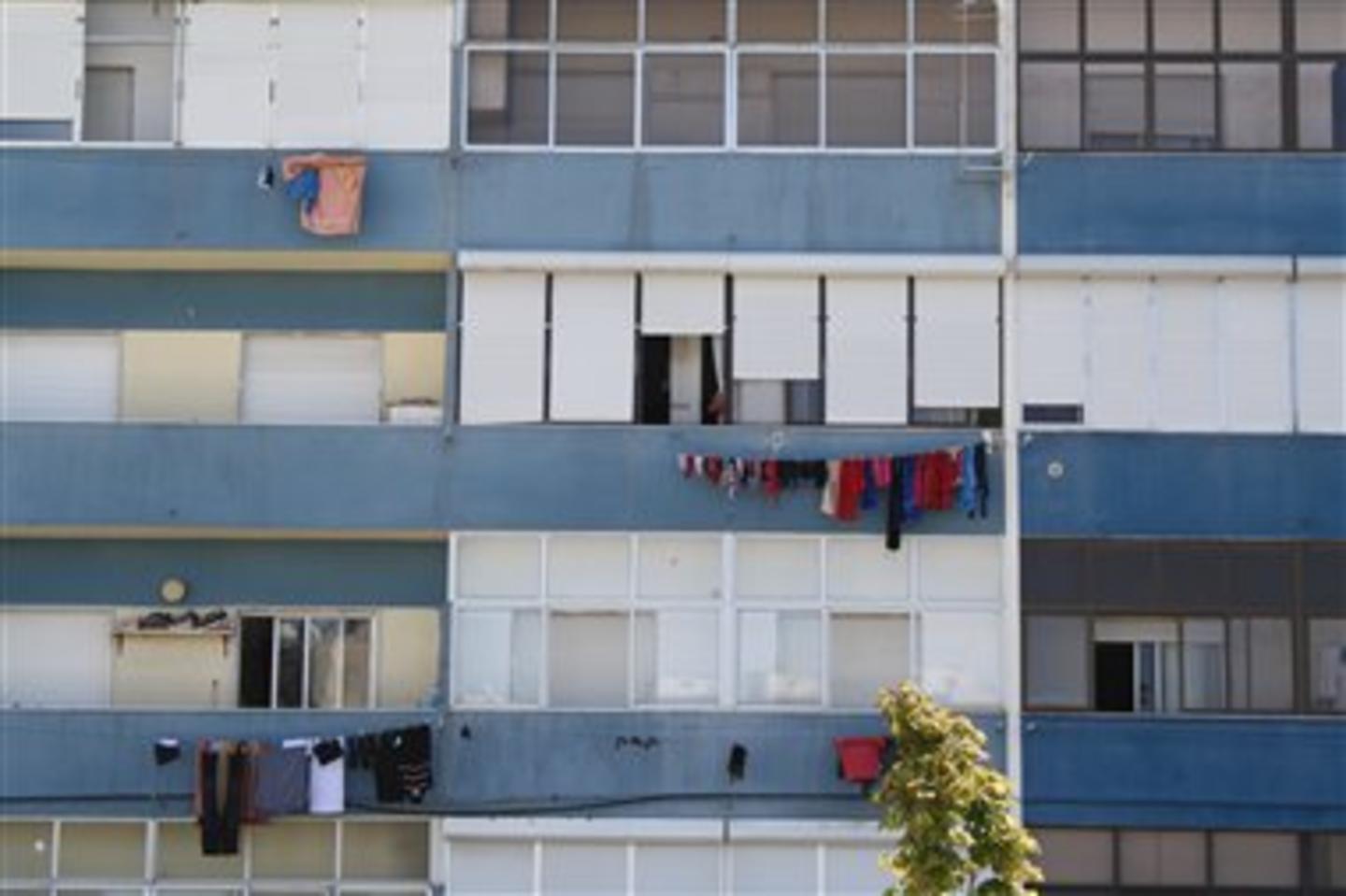The Critical Urban Areas (CUA) programme is a €120 million urban regeneration and social empowerment scheme targeting socially and spatially isolated neighbourhoods in urban areas in Lisbon and Porto. It is administered by the Portuguese National Housing and Urban Rehabilitation Institute (IHRU). The €8.79 million contribution from the EEA Grants targets the Cova da Moura and Vale da Amoreira neighbourhoods in Lisbon and the Lagarteiro neighbourhood in Porto, multicultural areas known and stigmatised for their high concentration of disadvantaged groups and lack of opportunities.
Critical urban areas
The neighbourhoods are all characterised by low schooling levels, high unemployment rates and a very young population, with over half of the residents being under 35 years of age, and a high percentage of adolescent mothers. The buildings are run down, the infrastructure is poor and visible drug trafficking is going on in public spaces.
In Portugal, the existence of deprived urban areas are directly linked to the decolonisation process during the 1970s, when over a million "retornados", Portuguese "returnees", immigrated from the former colonies Angola and Mozambique. This substantial influx of new inhabitants, and the legal "void" after the revolution in 1974, resulted in a number of informal settlements characterised by problematic land ownership issues and the absence of urban planning. Later immigration from the former Portuguese colony Cape Verde and other countries have given the neighbourhoods a multicultural flair, a positive asset the CUA programme has enlisted in its community building efforts.
A comprehensive approach
The CUA programme is innovative in that it takes a holistic approach incorporating social, economic and environmental issues. Recognising that culture, employment, security and health all contribute to an area’s social cohesion, sustainability and growth, the CUA programme stresses the importance of community building and achieving community development by encouraging entrepreneurship and associations.
Improved infrastructure
Through the programme, the areas' sanitation, electricity, gas and communication infrastructure have been upgraded. Trash collection has been introduced, and dirt tracks have been paved, named and turned into proper roads. Public authorities, NGOs and local associations have set up educational initiatives and workshops to help residents set up micro-companies to create their own jobs. Health education programmes have been established, especially in the fields of parenting, family planning and substance abuse. The project also entails legalising land ownership issues and supporting the citizenship acquisition process for immigrants and persons without legal documents. Various community building and cultural events have been organised, such as hip hop and rap music festivals.
Participatory planning process
By building on local resources such as a strong sense of identity and neighbourhood solidarity to unlock positive dynamics, residents and public institutions are teaming up to make public spaces more beautiful and accessible to everyone and to promote cultural initiatives valuing the cultural heritage of the areas` residents. Virginia Sousa, a consultant for the CUA programme, stresses the importance of local ownership of the programme: "The local residents must feel that their participation is an important and valued part of the process. Nothing will change without the active involvement of the residents."
In line with this, the programme is based upon a participatory planning process. According to Filomena Andrade of the Vale da Amoreira Health Centre, this approach "brought in a lot of young people with new ideas and new skills, who knew how to innovate and change things here. At the same time, local people went out and came into contact with different realities, learned new things, and brought back new ideas to help solve our problems."
Antonio Pereira of the Amadora Public Security Police echoed this: "The planning process involved the whole community in identifying its problems and in helping find solutions to them." People in the community are now looking more positively to the future, Pereira added.
Photo: Vibeke Rysst-Jensen, Royal Norwegian Ministry of Foreign Affairs.
